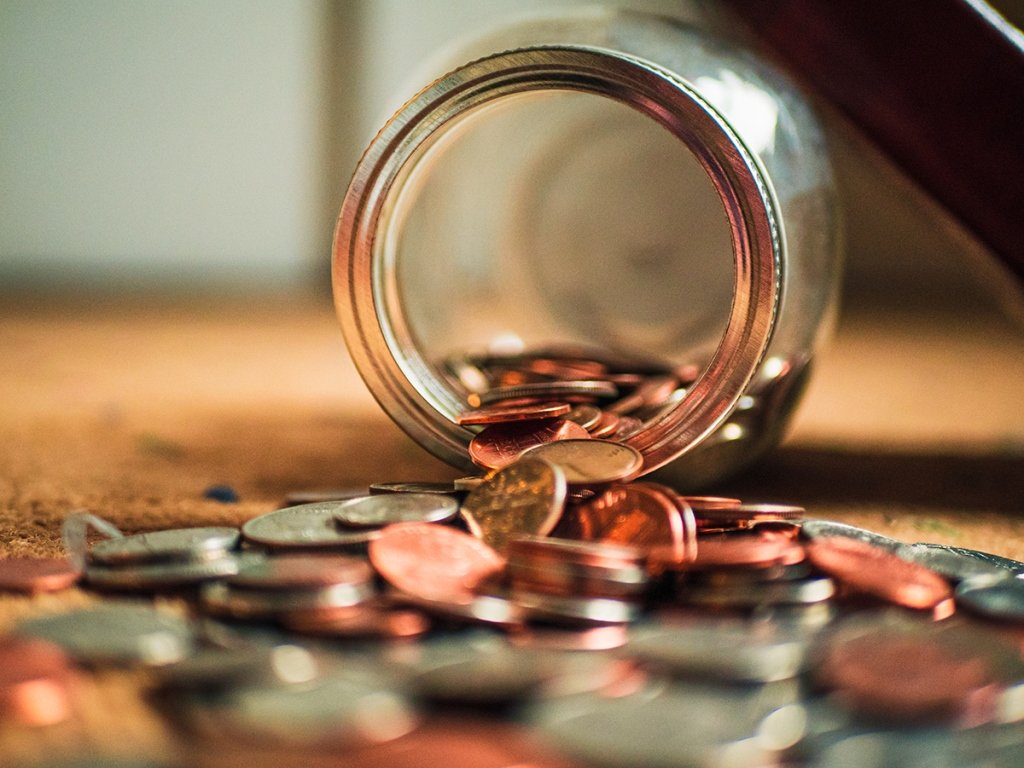
Private businesses had to assume substantial transformations in their management in order to stay afloat during the cruelest months of the COVID-19 pandemic. Reducing staff, changing their productive model, or moving to the delivery service, count as three of the most common actions in a scenario where government protection only extended to the elimination of tax payments.
In October, Minister of Economy, Alejandro Gil, offered some hope to the private sector when he commented on the efforts to strengthen a wholesale market for the sector, always within the limitations and financial situation of the Cuban economy; as well as the perfection of the tax system and the facilitation of procedures to obtain licenses; and the necessary list of prohibited activities after whose publication several occupations may be carried out at the same time, as long as they are not on that list.
While waiting for these concessions, entrepreneurs need momentum, investment and, above all, freedom in their management. Perhaps the change of administration in the White House will means a return of the facilities to acquire products and materials, restore the flow of capital to open or expand establishments, and increase the clientele. However, although it is important to consider this resumed opportunity, it should not be the only footing that supports the sector.
An excellent investment possibility, according to my criteria, lies in food production, which has received so much publicity lately, and which could find in the national venture an expeditious way to grow. “Agriculture and agribusiness are fundamental for a faster way out of the crisis. It is the decisive sector: the current situation of food shortages has to be replaced with domestically produced food, and that offers a great opportunity. The challenge is the resources, especially institutional ones,” economist Pedro Monreal pointed out some months ago.
The most positive outcome of COVID-19 is the change in mentality about how to manage businesses in the country, a reinvention from which, paradoxically, they could emerge stronger. Opting for a flexible menu, adjustable to market supplies, has represented the lifeline of several restaurants; and more than one gastronomic establishment has redesigned its menu because they discovered that the “take-away” option was the means to keeping their ovens burning and providing income for their workers. Both experiences can remain and be extended once normality returns.
Migrating to the Internet with online stores to replace physical ones, increasing the use of social networks for promotion, and even the maximum deployment of teleworking, also turned out to be smart investments that were previously only viewed as temporary fixes or support measures. Similarly, many turned their alternatives for spending their extra time during the pandemic into professions, businesses or ventures that were visible in the Fair of Responsible Initiatives in Quarantine (November 12), a space for the exchange of management models and ideas. As our founder, Marta Deus, said in an interview this year: “We are helping each other, there is a feedback and you never get as far as when you join others.”
Given that Cuban entrepreneurs stand out for doing more with less, the recovery of their businesses after the COVID-19 epidemic should lead them down the road to self-sufficiency, encouraging them to take the next step and secure supplies by exchanging with other entrepreneurs and even, as demonstrated by several restaurants and cafes, growing the necessary products on their own land.


